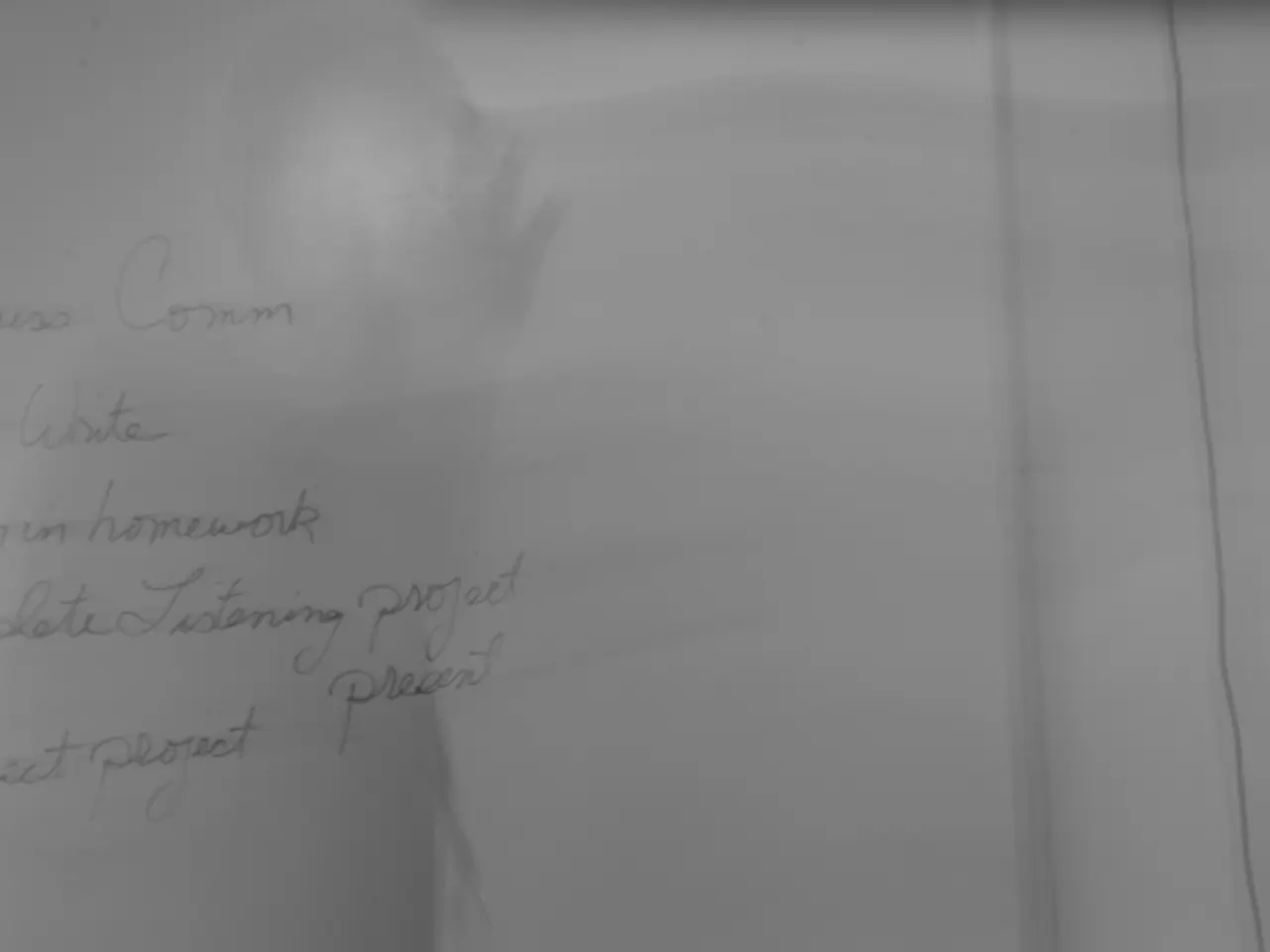Social Assistance Transformed into Credits: MV-CDU Supports the Plan - Government Proposal on Borrowing-Based Social Assistance Programs
The CDU, one of Germany's major political parties, has put forward a proposal to transform social benefits for asylum seekers and non-EU foreigners into interest-free loans, rather than unconditional grants. This approach is intended to promote individual responsibility, fairness, and integration through incentives tied to employment, language acquisition, and children's educational progress.
The proposal, however, raises complex questions about compatibility with German social law and constitutional rights. According to Philipp Amthor, a CDU party colleague, there are legal questions to be clarified regarding the proposal. Denying unconditional social benefits may conflict with existing welfare entitlements aimed at protecting vulnerable groups, including asylum seekers.
Supporters of the proposal argue that structuring benefits as loans with conditions encourages quicker labor market entry and social participation, fostering integration and societal cohesion. However, critics warn that framing benefits as repayable loans could discourage vulnerable asylum seekers from accessing necessary support, possibly hindering integration efforts and exacerbating social exclusion.
CDU Chancellor Friedrich Merz's broader policy orientation favors stricter social safety nets and emphasis on integration and employment obligations for benefit recipients, reflecting a shift toward conditionality and incentive-based social policy for migrants and asylum seekers.
The debate surrounding the proposal has received mixed reactions. Matthias Jendricke, from Berlin, has expressed support for the proposal, but with the caveat that it needs to be carefully designed to avoid exploitation. On the other hand, the Thuringian Left faction sharply criticizes the proposals, deeming them shabby and following the racist mood-making of the AfD.
The SPD district administrator of Saalfeld-Rudolstadt, Marko Wolfram, supports a proposal to provide loans to migrants as an incentive for quick integration and work. Meanwhile, Daniel Peters, a representative from the state of Schwerin, has not yet taken a public stance on the proposal.
The state of Mecklenburg-Western Pomerania is considering implementing a similar proposal for asylum seekers, adding another layer to the ongoing debate. As the proposal is still under debate and requires further legal and societal assessment to measure its real effects on integration and welfare rights in Germany.
References: [1] Deutsche Welle (2022). Germany's CDU party proposes turning refugee benefits into loans. [online] Available at: https://www.dw.com/en/germanys-cdu-party-proposes-turning-refugee-benefits-into-loans/a-61121542 [2] Handelsblatt (2022). Friedrich Merz will set the course for the CDU. [online] Available at: https://www.handelsblatt.com/politik/deutschland/friedrich-merz-will-setzen-den-kurs-fuer-die-cdu-11874334 [3] Tagesspiegel (2022). CDU proposals for asylum seekers: interest-free loans instead of unconditional grants. [online] Available at: https://www.tagesspiegel.de/politik/cdu-vorschlaege-fuer-asylsuchende-interessensfrei-darlehen-statt-unbedingte-zuschusse/27428992.html
- The debate over transforming social benefits for asylum seekers and non-EU foreigners into interest-free loans, as proposed by the CDU, has sparked discussions across EC countries and policy-and-legislation regarding migration and social policy, with some emphasizing the need for personal responsibility and integration, while others caution against potential social exclusion.
- In the context of Germany's politics and general news, the CDU's proposal for restructuring social benefits for migrants has seen both supporters and critics, with some advocating for careful design to prevent exploitation, while others view the proposals as following a racist mood-making, reminiscent of the AfD's agenda.








